Even though the decidual cast is a rare occurrence in women, it’s still something that you should be up to date about. The female body experiences monthly menstrual periods, where the uterine wall sheds in pieces and blood-like tissues. On rare occasions, the uterine wall comes out as a whole mass through the virginal canal. This secretion is known as a ‘decidual cast’.
Medically this condition is called ‘membranous dysmenorrhea’. The endometrium spontaneously and painfully passes through the cervix outside and retains the shape of the uterus because it comes out as an entire piece.
The lining of the uterine wall is called ‘decidua’ and it sheds in the triangular shape resembling the uterus wall called ‘cast’ It looks pretty strange because it is a combination of the tissue and blood from the uterine wall. Here’s what it looks like:
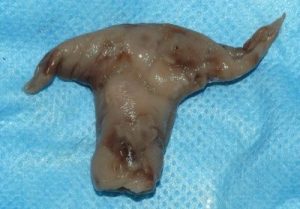
Causes of decidual cast
Doctors are not sure what causes this condition because it is rare. This means there’s limited information about it as has only happened to a few people. From the few recorded cases, it is said to be associated with ectopic pregnancy and hormonal contraceptives.
Before it is confirmed to be a decidual cast, a proper diagnosis needs to be carried out to rule out other causes like a miscarried pregnancy, or any other causes which may range from polyps, benign or cancerous tumors, intrauterine masses, and a few others. You don’t need to worry though—most times, it’s benign.
Ectopic pregnancy
An ectopic pregnancy occurs when the egg is fertilized and the embryo starts developing outside the uterus. It can also occur in the fallopian tubes or the abdominal cavity. In medicine, it is considered an emergency because it can cause deadly internal bleeding.
Hormonal contraceptives
A lot of women take hormonal contraceptives. From the few recorded cases of decidual cast patients, doctors noticed that the women who reported seeing the cast have taken hormonal contraceptives high in progesterone over a long period or probably just stopped taking them. The chances of you experiencing a decidual cast are high if you take hormonal contraceptives.
Signs your decidual cast is coming
If something major is about to happen to you, your body will give you a few signs. A few days before you pass a decidual cast, you may experience symptoms like:
- Virginal bleeding different from your normal period. In some cases, it may be associated with your period.
- Painful stomach cramps that feel like intensified menstrual cramps.
You should take into consideration the side effects of the hormonal contraceptives you take such as nausea and spotting. Once the cast, which looks and a shiny red thick mucus, comes out, the symptoms should stop.
What to do when you see it
The very first thing you should do is to stay calm. Then take an at-home pregnancy test to be sure of the state of things inside your body. One of the most important things to do though is to seek medical help.
Although this is an under-diagnosed condition due to a lack of information, you should always seek help from an Ob/Gyn if you have been experiencing severe abdominal discomfort and heavy bleeding that is prolonged and different from the period you usually get.
The doctor will probably ask if you are pregnant or have been on hormonal contraceptives. A couple of tests may also be carried out to rule out pregnancy, or any other serious medical condition. They will also check for an unusual mass in the uterus. This is to be sure it is just a decidual cast and to make sure all the tissues were expelled.
Why should you care?
You should care about the decidual cast because it can happen to just about any female with a reproductive system. It is quite a scary and painful experience, where an unknown mass of tissue comes out of your body, that looks like your uterus. You don’t want to be unprepared if this ever happens to you.
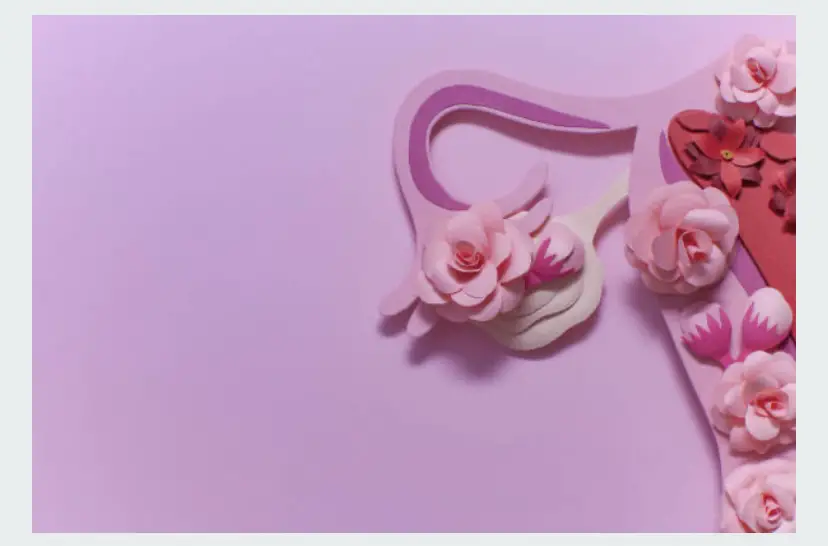
In the meantime, don’t be overly preoccupied about the decidual cast and if it may occur anytime soon. Chances are it may never happen. Also, there is nothing you can do to prevent a decidual cast from happening. The one thing you can do is be careful about the hormonal contraceptives you take. If you notice any side effects, you should speak to your doctor to find other drugs that best suit your body system.
Generally, there is a positive outlook on the entire experience of shedding a decidual cast. It may just be your uterus doing spring cleaning. This is because there are no long-term side effects after it is expelled and it is rare for it to reoccur.
Studies show that no health implication is associated with a decidual cast. Go about your daily life, take care of your body inside out, go for regular check-ups and practice good hygiene.

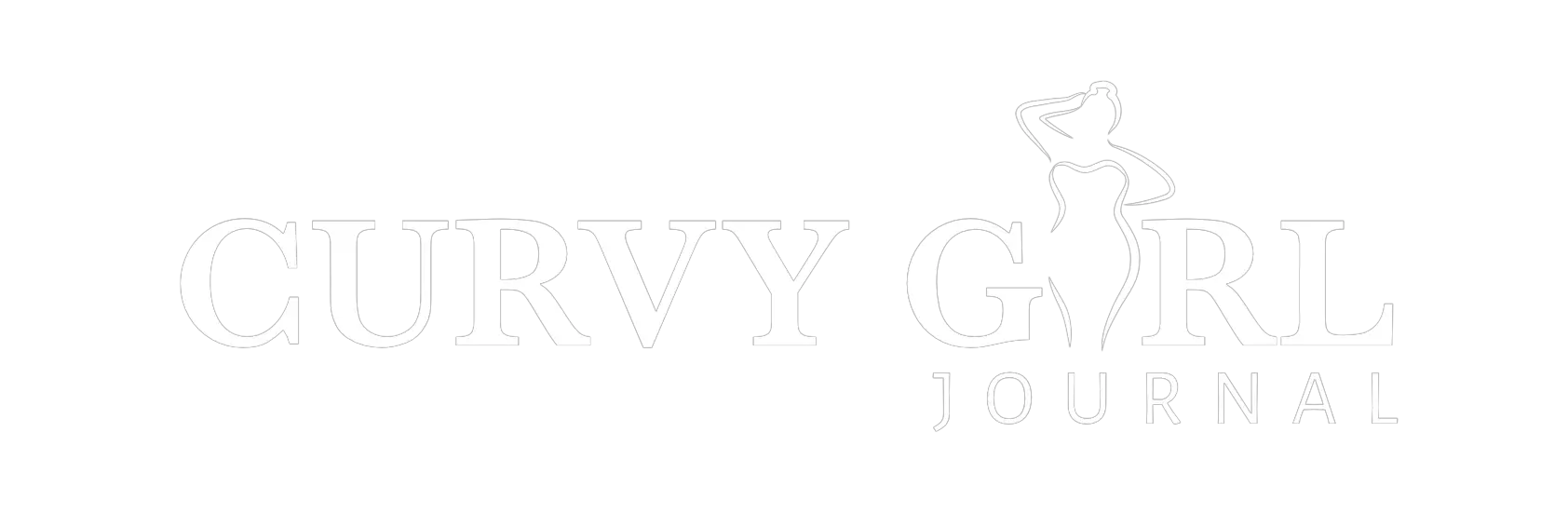












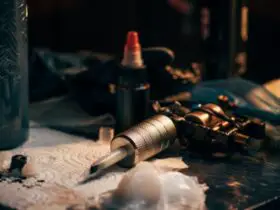


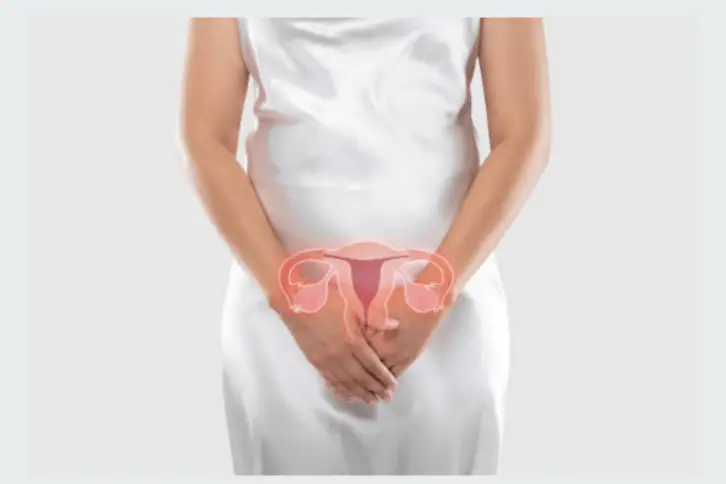



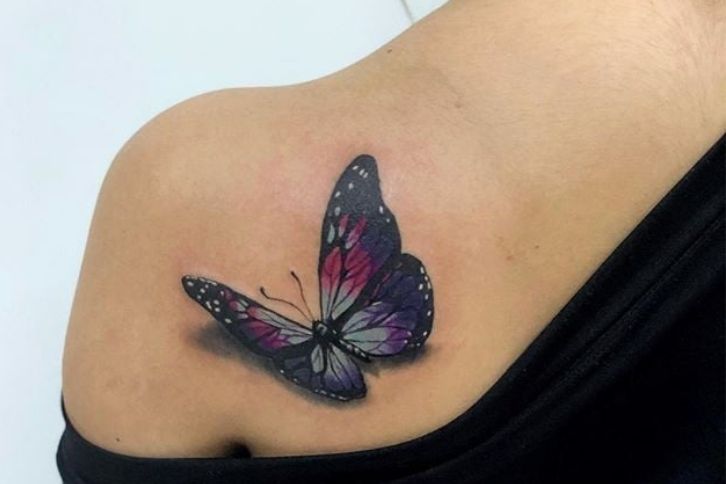
About Me
Fashion & Beauty Enthusiast
Hi, I'm Fanti. I'm a fashion, beauty, and lifestyle enthusiast, and the ultimate curves queen. Here, I share beauty, fashion, and lifestyle tips to teach, inspire, and give confidence to all women.